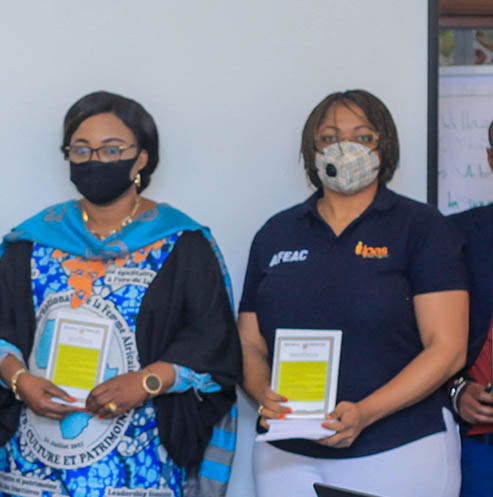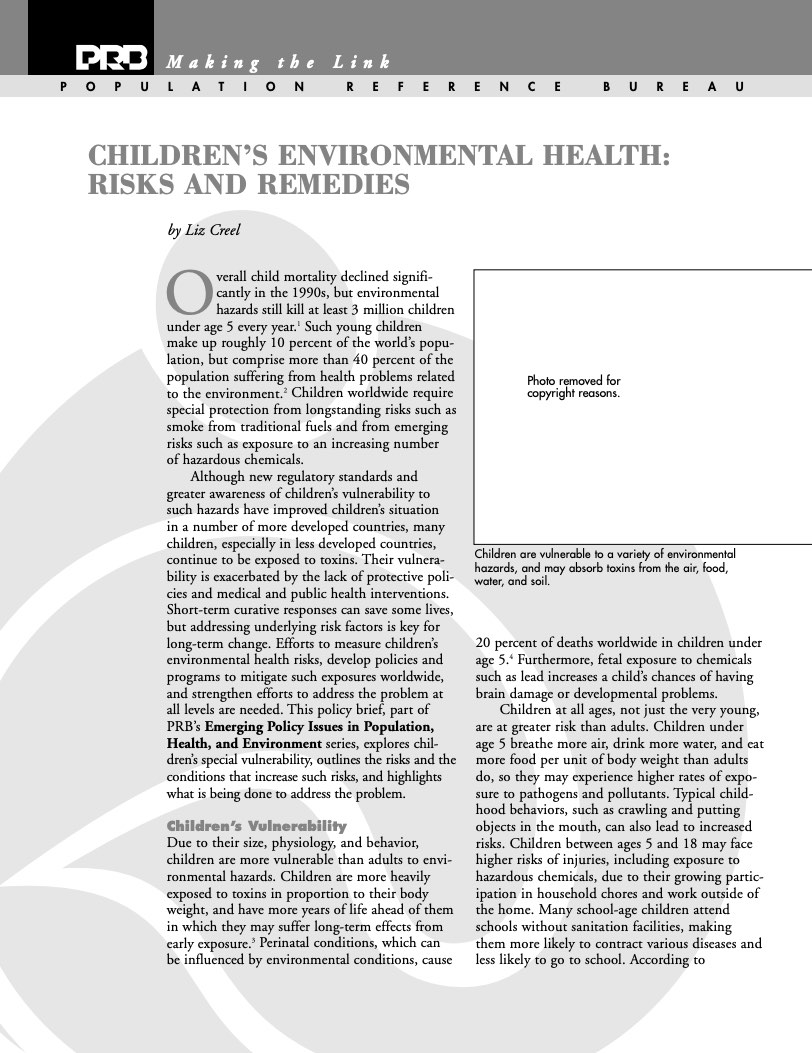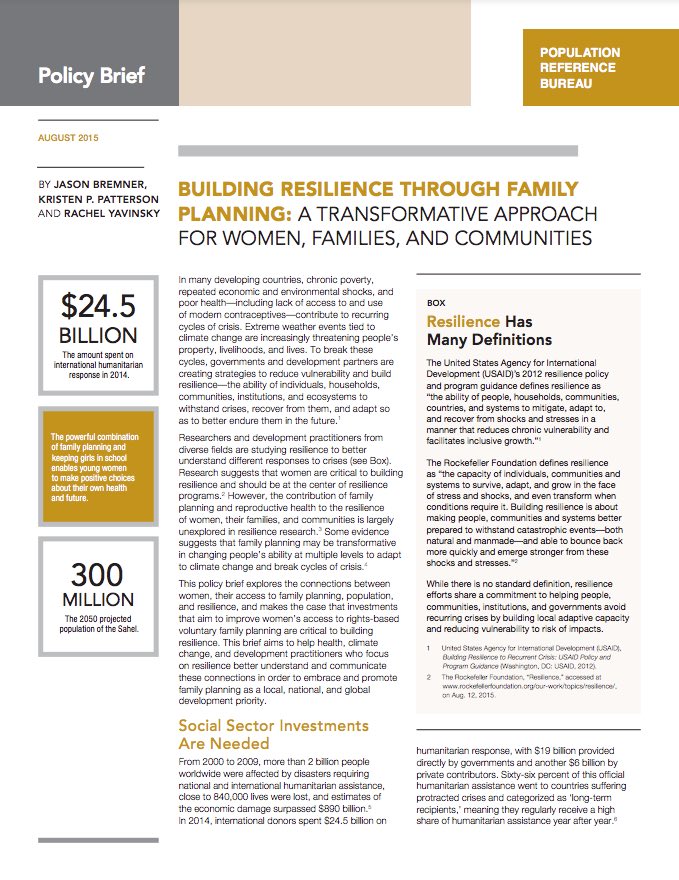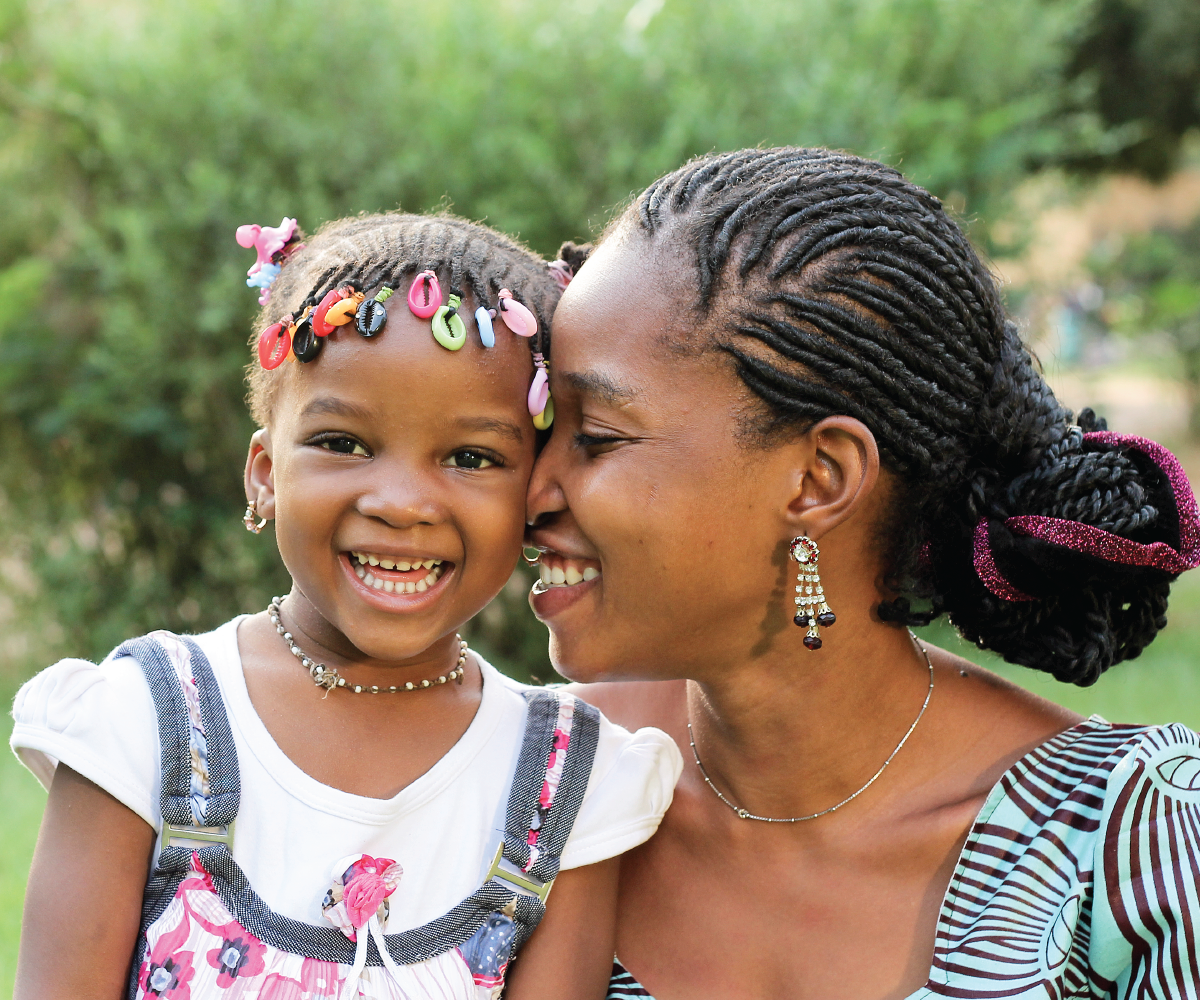Project: Strengthening Evidence-Based Policy to Expand Access to Safe Abortion (SAFE ENGAGE)
The Democratic Republic of the Congo Leads the Way on Abortion Access: A Pathway for Reproductive Rights Advocates in Francophone Africa
Women in sub-Saharan Africa face the greatest risk globally for an unintended pregnancy to result in an unsafe abortion.






